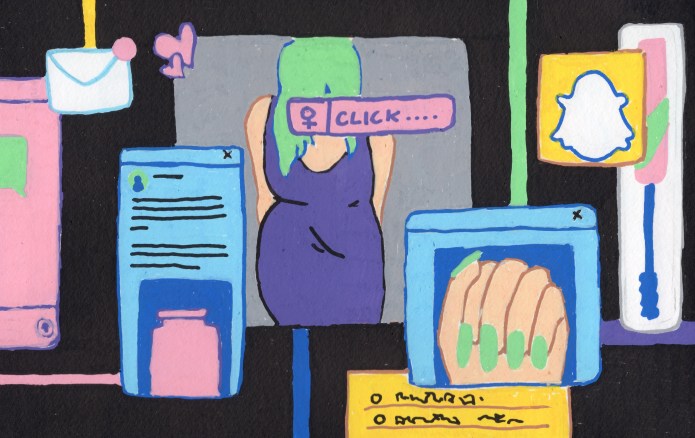The Otter Cross Cultural Center (OC3) held another one of their Social Justice Dialogues this past Thursday, Feb. 17, focusing on Prioritizing the Local: The Consequences of Social Media and Women’s Rights.
Wendy Feng, the OC3’s Courageous Conversations Student Coordinator, established the event’s ground rules in her introduction. Due to the nature of these events, many details cannot be taken out of the OC3 room. This is to protect the boundaries set in place that allow students to feel comfortable.
Feng defined the boundaries by stating “CSUMB is our community. Leave all labels at the door, it is okay not to know everything, and what is said here stays here, what is learned here leaves here.”
She then rolls into the first topic, social media and algorithms. Since algorithms are based on relevancy instead of publish time, they can be biased and learn to attack people at their most vulnerable. An example of this could be cheap Las Vegas tickets advertised to gambling addicts.
It goes beyond personal impact, with Facebook moving 300,000 people to go to the polls who otherwise would not have voted, through targeted ads. That is enough to drastically change an election, and depending on the ads, it could manipulate voters’ choices. The documentary, “Coded Bias,” is a cited source of this information as well as further education Feng has on the subject.
When applying a gendered lens, it is apparent that despite women influencing 85% of all purchasing decisions and purchasing over 50% of traditional male products, including automobiles, there are few women represented in the technology field. Just 16% of engineering roles and 27% of computing roles are held by women in the U.S. and these employees quit at a shocking 50%, based on research conducted by Accenture and Girls Who Code.
The takeaway is to think critically about media consumption, and keep in mind, “who is this for? Who profits off of me seeing this [and] feeling this way?” asked Feng.
Special Guest Itzel Godinez, a fourth-year year HCOM major, guided members into the event’s second topic, women’s rights. Having grown up in Watsonville and currently studying abroad in Germany, she spoke on paving the road for those in her community.
She opened the conversation by defining implicit and explicit expectations. She defined implicit “expectations of service not fully expressed or stated but certainly implied” and explicit as, “expectations of service that are clearly provided or given,” and offered examples of both.
This language was used throughout the remainder of the talk, defining the implicit expectations on Latinx women and reproductive labor.
The conversation was lively as those in attendance shared their own experiences navigating their families’s expectations for them. It was a conversation that resonated with those in attendance and offered an extremely accepting outlet.
This is an ongoing series on campus. For students interested in safe spaces for complex conversations, follow the OC3 instagram page or pop by room 301 in the Otter Student Union to be a part of the next one.

